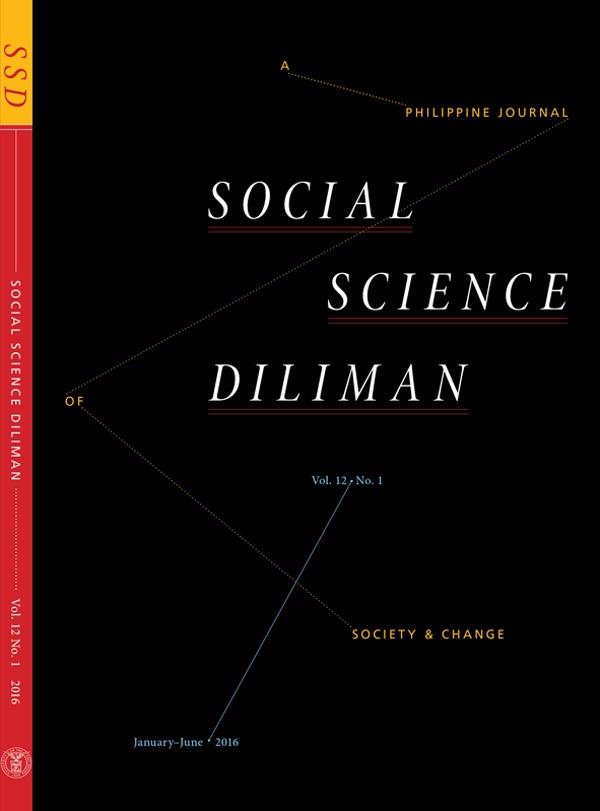Inclusive Education in the Philippines: Through the Eyes of Teachers, Administrators, and Parents of Children with Special Needs
Abstract
This article is a study on the knowledge and involvement of schoolteachers, school administrators, and parents of children with special needs (CSN) in the implementation of inclusive education (IE). One set of research questions was aimed at determining the participants’ concept of IE and how they are involved in its practice. The other set of questions was aimed at finding whether there is a significant difference among the answers given by the participant groups regarding their concept of and involvement in IE. The problems related to IE were approached using grounded theory and quantitative analysis. Utilizing a modified survey questionnaire, data was collected from 91 participants who have a firsthand knowledge of and experience with inclusive schools located in Quezon City, Metro Manila, Philippines. Research hypotheses were tested after open coding had been completed and an answer was given to each qualitative research question. It has been found that the participants neither question nor resist the practice of inclusion in their respective general education settings. They admit, however, that they are not sure whether their understanding of IE conforms to widely accepted definitions. The participants are in doubt whether their claimed practices are potent enough to be responsive to the requirements of high-level inclusive education. No significant difference was noted among the participants’ mean scores in the survey of their knowledge of IE and involvement in IE.
Keywords: inclusive education, children with special needs, practice of inclusion, normalization, general education


